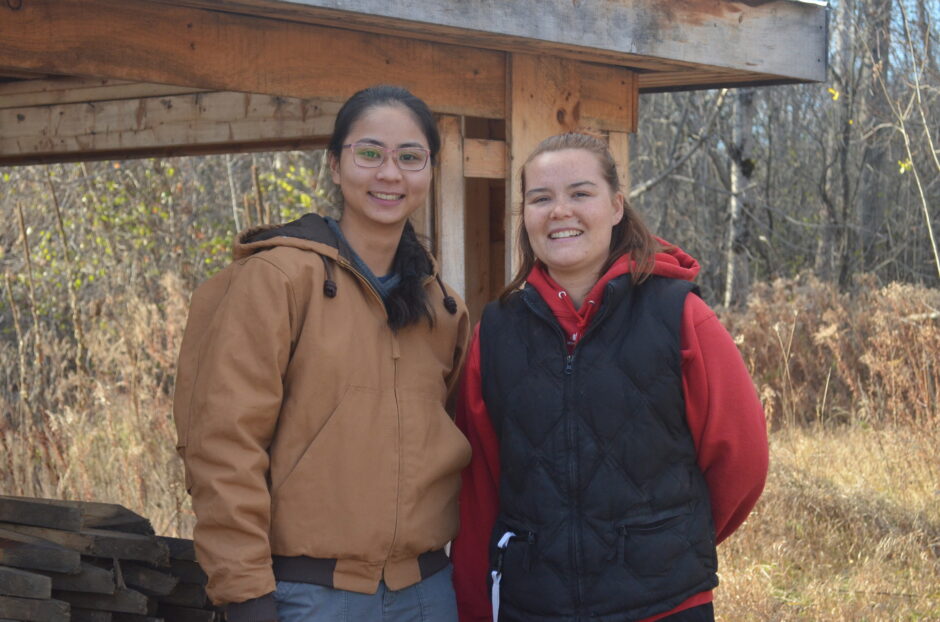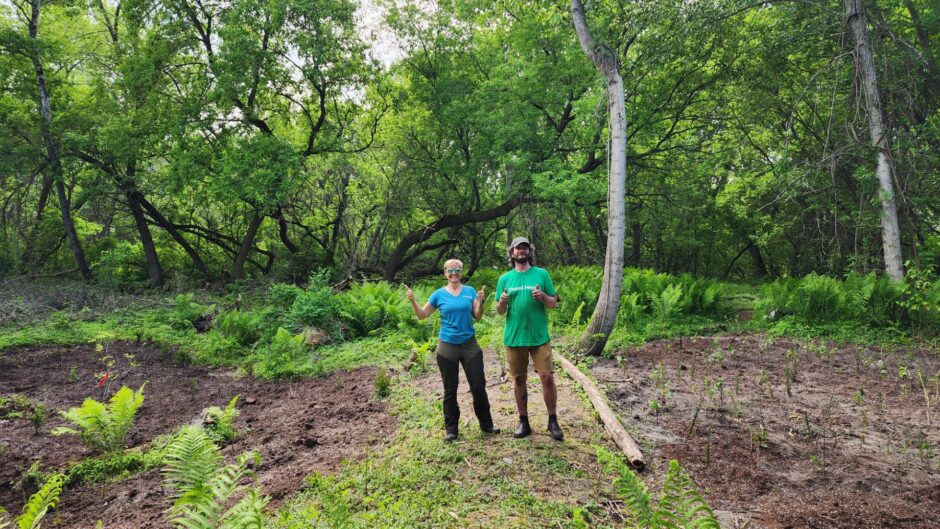New book sheds light on untold stories from deadly 1942 Almonte train wreck

A book by an Algonquin College staff member has uncovered new and poignant details surrounding the tragic events of the 1942 Almonte train wreck, shedding light on previously untold stories of the passengers involved.
Jamie Bramburger, a historian of Eastern Ontario and the college’s manager of community and student affairs at the Pembroke campus, has investigated this historic disaster, which affected numerous households throughout the Ottawa Valley, in his book Sudden Impact—The Almonte Train Wreck of 1942.
“This is a very tragic piece of Ottawa Valley history,” he said in an interview. “Even though it happened over 80 years ago, its impact still resonates with the families of those affected by the crash.”
According to Bramburger, during his four years of research and writing, he found that until his publication, no book had been written that included the entire story of the passengers and the investigation into the reason for the collision.
“I wanted to ensure that the history of this tragic event, which affected so many people in the Ottawa Valley, was accurately recorded,” he said.
The crash happened on Dec. 27, 1942, amidst the chaos of the Second World War and the festive Christmas season. A military train headed for Halifax collided with a passenger train at Almonte station, killing 38 people and injuring more than 150 others. Bramburger’s meticulous research and interviews of surviving family members brought to light previously unreported personal stories and various documents that offer a new understanding of the events following the crash.
One poignant story Bramburger uncovered was that of Thomas Lynn, whose aspirations to serve in the military were shattered by the crash.
“Lynn had come home to Renfrew for the holiday season to be with his family, but he desperately wanted to join Canada’s military during World War II. A month before the accident, on Nov. 27, 1942, Lynn had received a letter confirming that he was being admitted into the Royal Canadian Air Force as a firefighter, and he was excited about that. Then he was involved in the crash,” said Bramburger.
Bramburger’s book even explores the mechanical implications of the crash using access-to-information laws, thus providing an insider perspective of the crew, their statements after the crash and the questions they answered as part of the investigation. Bramburger combines personal stories with objective reporting to ensure that the history and strength of the victims and survivors are not forgotten.
The book has been well-received, with tremendous interest and overwhelming support from the Almonte community and the broader Ottawa Valley region. Bramburger noted that the book’s success signifies the importance of remembering historical events, especially those that profoundly shaped local communities.
Even after the book launched on Feb. 25, Bramburger remains committed to ensuring these stories are not forgotten.
“History is a great teacher,” he said. “Preserving these narratives not only honours the lives lost but also imparts valuable lessons to future generations about safety, resilience, and community solidarity.”








